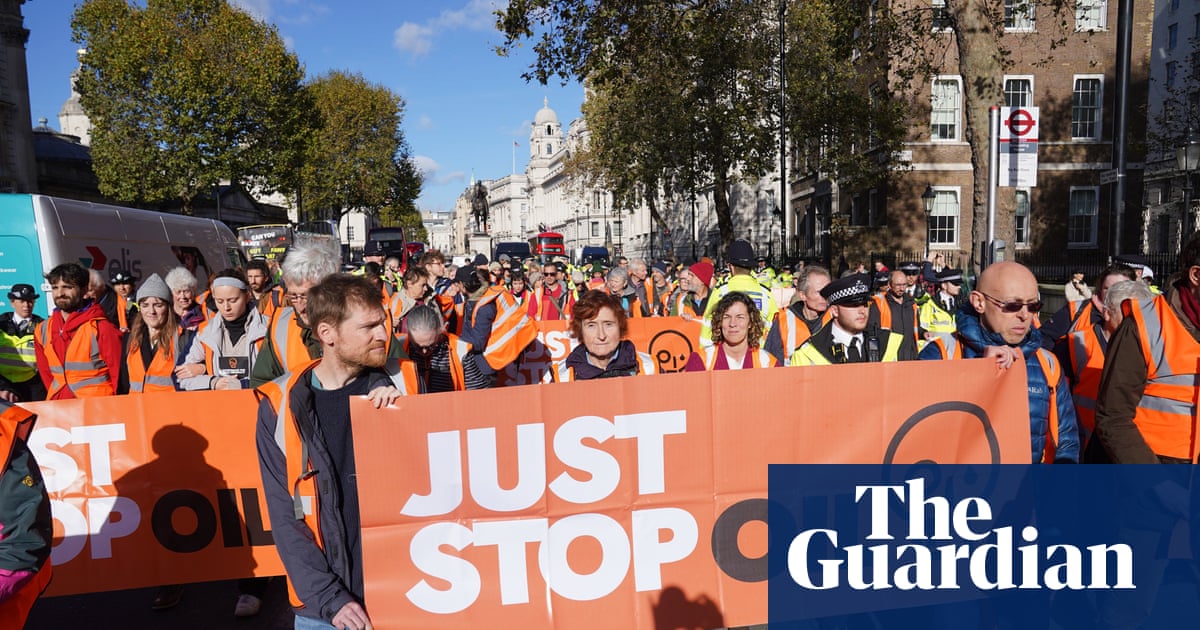
The government is still “dragging its heels” on racism, according to MPs and race equality campaigners critical of its response to a damning parliamentary report on Black people and human rights.
The government’s official response to the human rights select committee’s report was published on Thursday and rejected the majority of the parliamentarians’ 22 recommendations.
The cross-bench group of MPs and peers, headed by Harriet Harman, published their report in November with the aim of “overcoming the seeming inability for government to act” in the face of several reviews showing evidence of racism in Britain.
The report revealed that more than three-quarters of Black people in the UK do not believe their human rights are protected in the same way as white people’s. It also highlighted that the death rate for Black women in childbirth is five times higher than for white women and that more than 60% of Black people in the UK do not believe their health is equally protected by the NHS compared with white people.
“The government response shows they accept the arguments but they reject the solutions,” Harman said.
The report urged the government to implement the recommendations of previous reviews into racial inequality, including David Lammy’s into racism in the criminal justice system in 2016, the Angiolini review of deaths in custody in 2017 and the Windrush Lessons Learned review in 2020.
Defending itself against “any assertion of inaction” from the select committee, the government said it had implemented 33 out of 35 of the Lammy review recommendations.
Lammy, however, said the claim was deeply misleading and that the government had implemented “just a handful” of the recommendations in full. He said: “Instead of sticking its head in the sand and pretending structural racism does not exist, the government must act now to implement all 35 of my recommendations, as well as the countless other reviews, commissions and reports on race.”
The response highlighted the government’s commission on race and ethnic disparities, which was established in the summer, and it defended the Equalities and Human Rights Commission, which the committee had castigated for failing to adequately provide leadership and gain trust in tackling racial inequality.
The committee also urged the government to implement a comprehensive race equality strategy and to create a new body to look at race. This idea, however, was rejected. “The government does not agree that race should be treated differently from other protected characteristics in the Equality Act,” the response said.
Halima Begum, the director of the Runnymede Trust, dismissed the response as more “denial and dismissal from a government that’s failing to take the action necessary to combat racial inequality”. She pointed out that the government’s commission had already lost the trust of the race equality sector and said ministers were dragging their feet. “It seems intent on dragging us back to the 1970s in terms of race relations,” she said.
Begum also said the government had ignored vital recommendations on health inequalities during the Covid-19 pandemic, pointing to the vaccine policy, which centres on age as a risk factor but not ethnicity.
Harman also criticised the government for not collecting ethnicity data at the point of vaccination. She said its response had talked of the importance of monitoring, gathering data, and inequality in healthcare, , butit had “clearly made a decision not to collect this information … And that leaves a huge gaping hole in their ability to tackle the racial disparity in vaccination.”
The government said the UK had made “significant progress over the years in tackling racism” and pointed to manifesto commitments to tackle prejudice and discrimination. It said it would not be appropriate to pre-empt the findings of its commission, which will “submit its findings to the prime minister in due course”.












